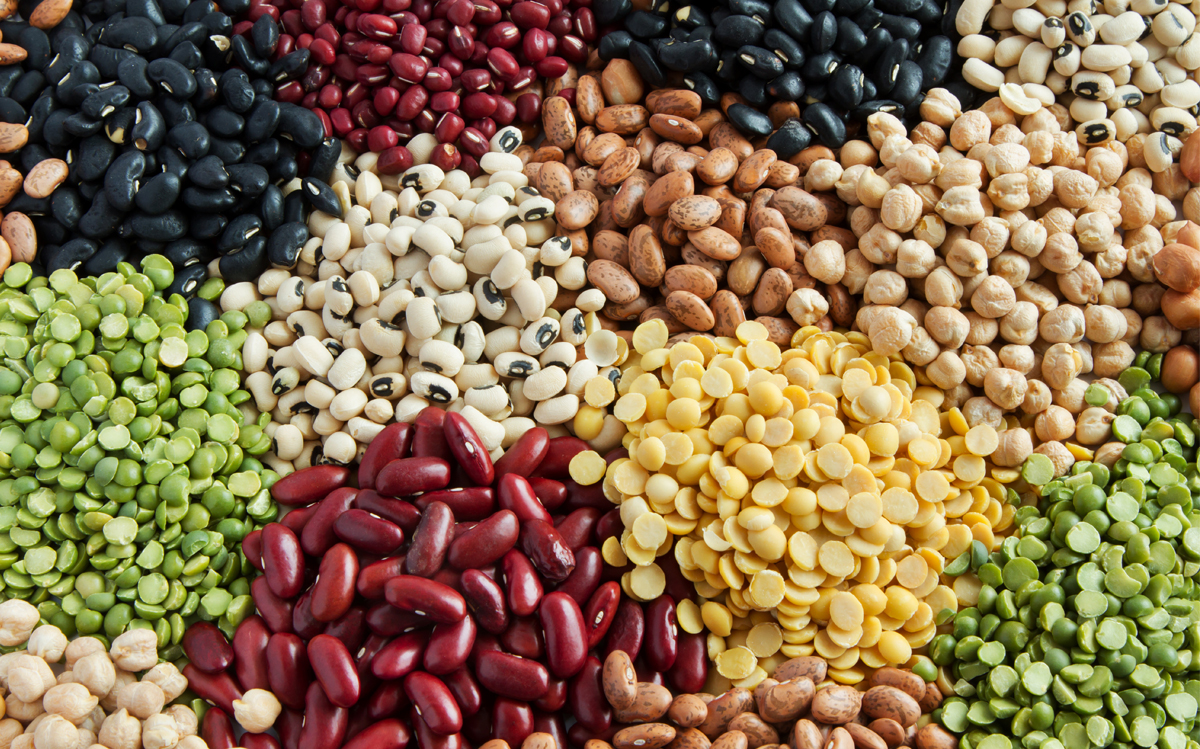
Researchers Discover Zinc's Role in Nitrogen Fixation of Legumes
July 17, 2024| |
Researchers from Aarhus University (Denmark), Polytechnic University of Madrid (Spain), and the European Synchrotron Radiation Facility in France have discovered that zinc plays a crucial role in the nitrogen fixation process of legumes. The study also found that the transcriptional regulator Fixation Under Nitrate (FUN) is a novel type of zinc sensor, which decodes zinc signals in nodules and regulates nitrogen fixation.
Legume crops engage in symbiotic interaction with rhizobia that fixes atmospheric nitrogen in root nodules. These nodules, however, are sensitive to environmental factors such as temperature, drought, flooding, soil salinity, and high soil nitrogen concentration. The researchers identified that FUN controls nodule breakdown when soil nitrogen concentrations are high. FUN is regulated by a peculiar mechanism that monitors the cellular zinc levels directly. It is also inactivated by zinc into large filament structures and liberated into the active form when zinc levels are low.
“It's truly remarkable to discover zinc's role as a secondary signal in plants. It is a vital micronutrient, and it has never been considered as a signal before. After screening over 150,000 plants, we finally identified the zinc sensor FUN, shedding light on this fascinating aspect of plant biology,” Assistant Professor Jieshun Lin, the study's first author, explains. The researchers are now investigating how zinc signals are generated and decoded by FUN, and looking forward to applying their discoveries to legume crops such as faba bean, soybeans, and cowpea.
For more details, read the article in Aarhus University News and Events.
| |
You might also like:
- Researchers Identify Gene That Regulates Nitrogen Fixation
- Wild Genes to Improve Nitrogen Fixation in Soybeans
- Researchers Move Closer to Developing Nitrogen-Fixing Cereal Crops
Biotech Updates is a weekly newsletter of ISAAA, a not-for-profit organization. It is distributed for free to over 22,000 subscribers worldwide to inform them about the key developments in biosciences, especially in biotechnology. Your support will help us in our mission to feed the world with knowledge. You can help by donating as little as $10.
-
See more articles:
-
Plant
- Japan Government Guarantees No Cross-contamination Between GM Crops and Non-GM Crops
- Researchers Develop Novel Cotton Quality Module to Help Farmers
- ISAAA Inc. and DA Biotech Release Pinoy Biotek Digest
- Indian Researchers Analyze Trends and Evolution of Research on Genetic Modification
- Australia's Gene Technology Regulator Invites Comments on Field Trial of GM Canola
-
Food
- EU Approves GM Corn for Food and Feed
-
Environment
- Researchers Discover Zinc's Role in Nitrogen Fixation of Legumes
-
Read the latest: - Biotech Updates (February 11, 2026)
- Gene Editing Supplement (January 28, 2026)
- Gene Drive Supplement (February 22, 2023)
-
Subscribe to BU: - Share
- Tweet

